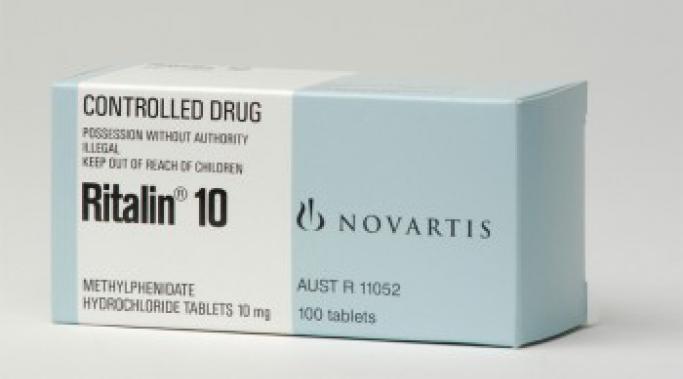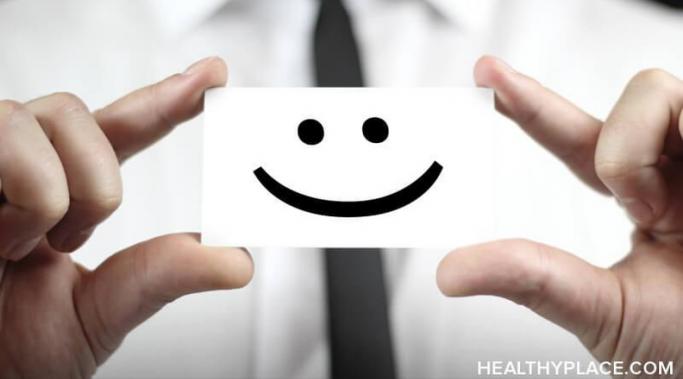Blogs
Adult attention-deficit/hyperactivity disorder (ADHD) - it's what I have and it's what you either have or think you have, or what your loved one has or you think your loved one has. And, guess what? It can't be cured. And guess what else? That's okay. Also, you might ask, "Why can't it be fixed? And, if it can't be fixed, what the heck can you do about it?" The following is my argument for how best to approach the treatment and post-diagnosis-life of adult ADHD.
"You're so sad all the time! I can't stand it! Why can't you just pull through it?"
I stared at my 20 year old, 6 foot, 2 inches tall son, crying and yelling at me because I'm sad all the time. And here I thought I was a pro at hiding my depression.
Your body's inner critic is heavily influenced by society’s idea of beauty. It can make for a never-ending head game for many of us. Especially, when you start thinking you are a problem that needs to be solved. This simply opens the door for your body's inner critic to walk in and take up residence in your mind.
For those struggling, every day is a battle. This is true for any kind of addiction, not just the fight against your skin. Some people have trouble simply making it through the day without anxiety, a trigger or a cut. During my sleepless nights, I have discovered some ways to move towards positivity and away from negative behaviors and thoughts. You have to search within yourself and find five things you enjoy.
Once you find five things, you’re halfway there.
How trauma affects your brain is a HOT topic in the posttraumatic stress disorder (PTSD) world. Especially recently as neuroplasticity (the ability of your brain to change) becomes even more recognized and accepted as a law of brain function. Now, practitioners around the globe are understanding that while trauma can change your brain, other experiences can change it again.
In fact, one of the most exciting implications of neuroscience in the past decade is that your brain is always changing in response to experience. Healing, then, becomes more imminently possible than ever. Why? Because you can create experiences that help your brain change daily.
It can be confusing and frustrating. All around you, you see others attending meetings, luncheons, study groups, parties, and activities. "Everyone" seems able and willing to do so. But for you, the mere thought is horrifying. So what's up? Are you "simply" shy? Is it something more than that? The answer is actually quite personal.
You have depression and you’re drinking or drugging to try and get rid of those feelings of sadness, hopelessness, numbness and isolation. Maybe you even have physical symptoms of depression that the alcohol or drugs seem to be relieving. In the end, however, you realize the drinking and drugs are making things worse.
While depression is a treatable mental health condition, many men and women are either getting improper depression treatment or no depression treatment at all.
Positive thinking is essential to self-confidence and overall health. According to the Mayo Clinic, positive thinking is scientifically linked to longer lives, lower rates of depression, increased immunity, and reduced risk of cardiovascular disease. We have been conditioned to think negatively, compare ourselves to others, and get stuck in self-deprecating cycles of worry. It’s all around us, in the news, on your Facebook feed, even in your home.
So how do you make the shift to feeling more positive and confident? Start small, with positive and intentional actions every day. The more you practice positive thoughts and behaviors, the more confident and self-assured you will feel. Here are ten ways you can feel more positive and confident every day.
It is understood that combat-related posttraumatic stress disorder (PTSD) affects the warrior, but combat PTSD doesn’t just affect the person suffering it, it also affects those around him (or her) and the effects of combat PTSD on children are just recently being recognized. When the person suffering combat PTSD is a parent, he can turn his home into a combat zone.
Hello, I’m Mike Ehrmantrout. I’m glad to be joining Paulissa Kipp in writing the Recovering From Mental Illness blog.
As a child, I suffered multiple traumas. I joined the U.S. Army when I was 17 and served as a Cannon Crewmember/Gunner in a Field Artillery unit. At 23, I was deployed to Iraq for Operation Desert Storm. Upon my return, Army doctors diagnosed me with posttraumatic stress disorder (PTSD). I left the Army in 1992. The PTSD got out of control in 1996, and I tried to commit suicide. PTSD, like all mental illness, is a battle fought each and every day. I also struggle with bipolar disorder. I've been hospitalized several times due to my illnesses. I don't consider myself recovered, but I'm certainly in the process of recovery. I've learned some good coping mechanisms, but it’s a daily battle to keep away from substance abuse and other unhealthy coping strategies.










I believe she will only be able to rid herself of her demons, and hopefully her BPD as well, when she's ready to confront the abuse of her father. If she can put the blame where it belongs, she may stop projecting that victim/perpetrator cycle on the present men in her life. These demons are a metaphor for the purgatory she has created for herself. That reality has consequences in the real world, but it need not be real in the tangible sense. Exorcising her demons will require the expenditure of real physical energy and probably the destruction of aspects of her personality. If this ever happens, and it's possible but not probable, then these demons will evaporate. They are only as real as one's personality is real. In short, reality is not the question, it's what you make of the things you feel to be real.